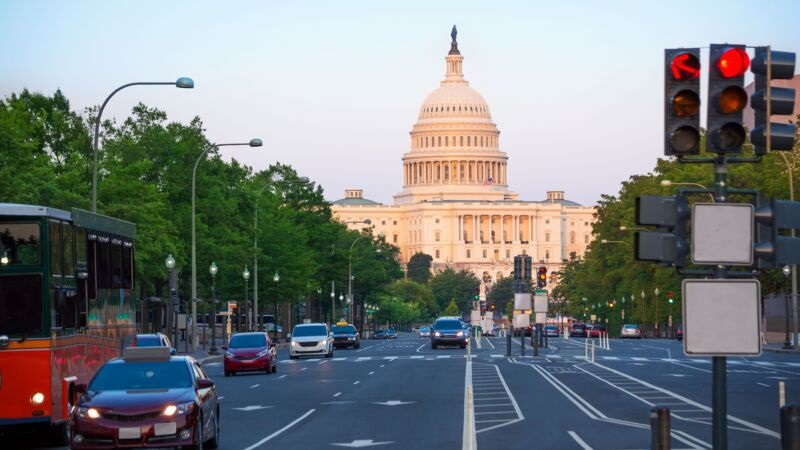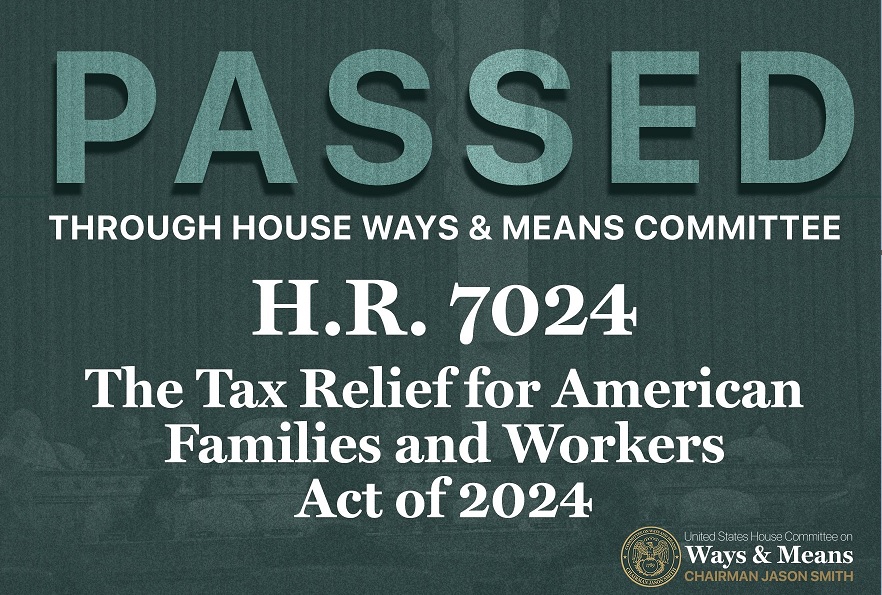
The proposed tax package unveiled by House Ways and Means Committee Chairman Jason Smith and Senate Finance Committee Chairman Ron Wyden promises disproportionate benefits to two contrasting groups: the poorest 20% of households and the wealthiest 1%. (Photo: Thomson Reuters)
Analysis of the Tax Proposal’s Impact on Divergent Socioeconomic Groups
In a surprising twist, the proposed tax package unveiled by House Ways and Means Committee Chairman Jason Smith and Senate Finance Committee Chairman Ron Wyden promises disproportionate benefits to two contrasting groups: the poorest 20% of households and the wealthiest 1%. The Tax Relief for American Families and Workers Act of 2024 is designed to elevate the child tax credit’s value, directly aiding low-income households with children.
Additionally, it aims to deliver more expansive tax breaks for corporate research and development as well as equipment purchases, thereby augmenting the incomes of shareholders at the apex of the income hierarchy.
According to a comprehensive analysis by the Urban-Brookings Tax Policy Center, households within the bottom 20% income bracket (earning below $29,800 annually) are expected to witness an average after-tax income increase of $60 on their 2023 tax returns, amounting to a 0.3% boost; this figure is predicted to rise to around $90 by 2025, equivalent to a 0.5% increment. Conversely, individuals within the top 1% income bracket (earning above $980,000 yearly) would experience an average surge of $9,500, or 0.5%, in 2023. However, this benefit is projected to diminish to an average of 0.3% by 2025, due to timing issues associated with the utilization of business tax credits.
READ ALSO: Couple’s Innovative DIY Project Creates Dream Dog Room Under Stairs For $1.3K
Assessing the Multifaceted Impact of the Bipartisan Tax Proposal
The bipartisan tax package released by Congress affects many industries and households of all income levels. The proposed bill temporarily expands the child tax credit and revives business tax advantages to help families and corporations. These proposals have bipartisan support and aim to boost economic recovery following the challenges of the past few years.
As the Smith-Wyden tax package advances through the legislative process, its effects will be closely monitored. Legislators will undoubtedly subject the potential impacts of this matter on household finances, economic development, business investment, and the nation’s tax policies to substantial scrutiny and analysis as they deliberate on the most optimal course of action.
READ ALSO: Advocacy Groups Petition USDA To Ease SNAP Interview Requirement For Food Aid Eligibility
























